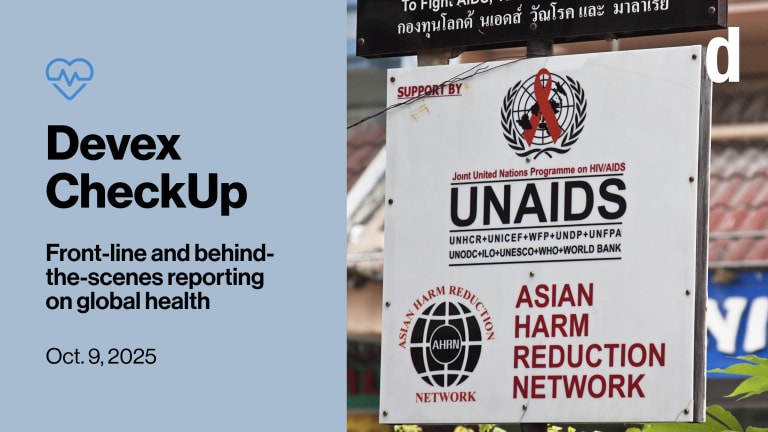World Bank President Jim Yong Kim announced Tuesday a new plan to curb future health pandemics. While the plan will involve both the private and public sectors, questions still remain about who’s on board, and how it will be funded.
With laser pointer in hand and charts displayed on a nearby screen, Kim gave a lecture to Georgetown University students and faculty about the Ebola epidemic, the global health response to the virus and continued health threats posed to the world’s poorest communities.
Speaking in a university setting about the world’s pressing global health challenges, the anthropologist, physician and former president of Dartmouth College was in his element. Kim lamented the devastating impact of Ebola and the international community’s sluggish efforts to respond. He spoke of his own experiences treating unforgiving diseases such as HIV and tuberculosis — both as a physician and as co-founder of the health care nonprofit Partners in Health.
Search for articles
Most Read
- 1
- 2
- 3
- 4
- 5








